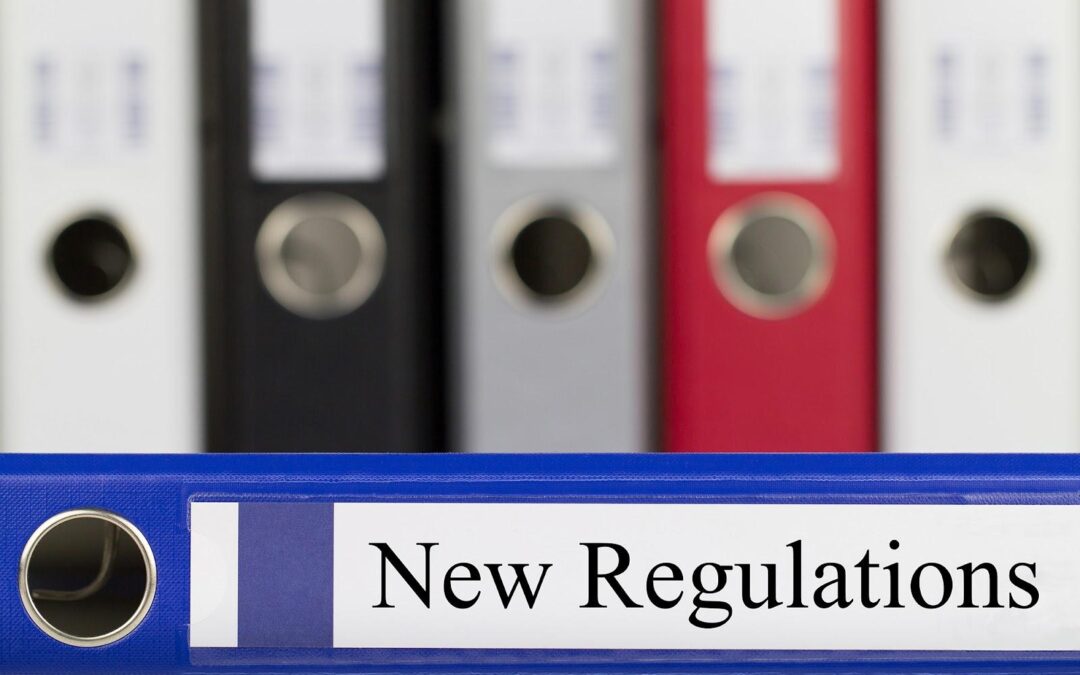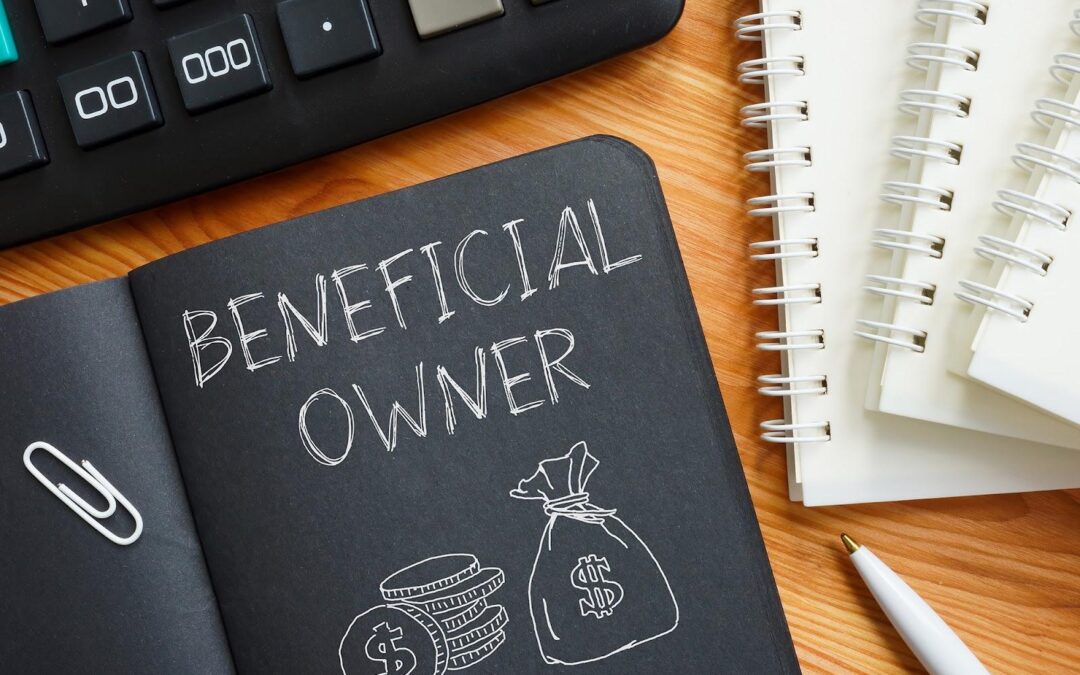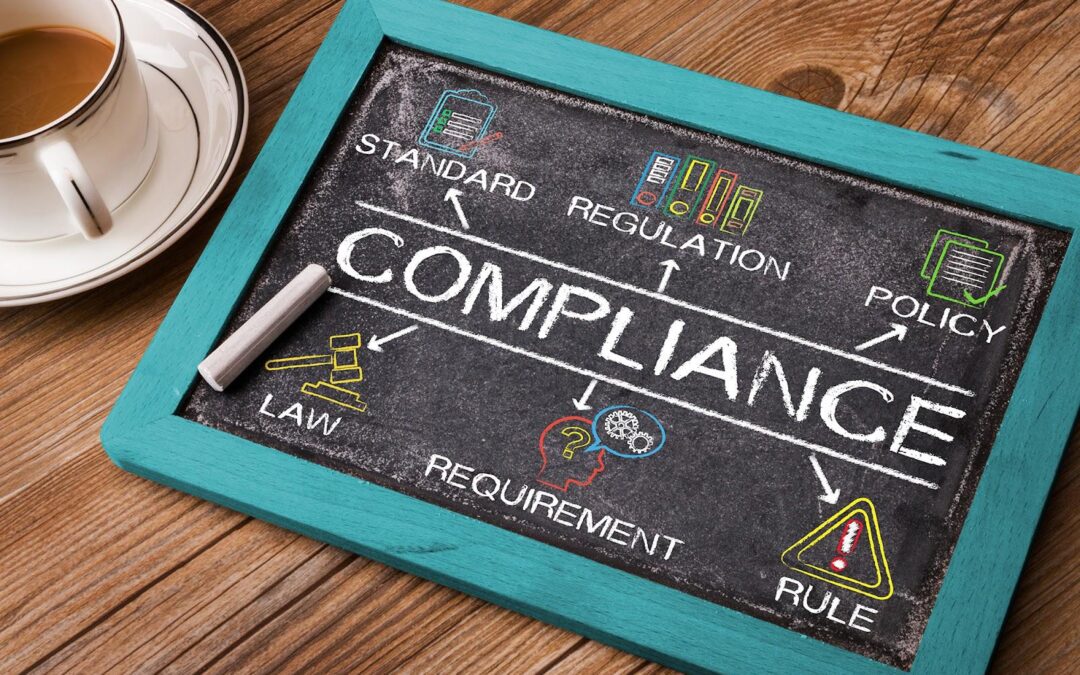
What is beneficial ownership? To homeowners associations, this is an important question to answer, especially with the new requirements under the Corporate Transparency Act.
What is Beneficial Ownership?
What does beneficial ownership mean? Beneficial ownership refers to the right to enjoy the benefits of ownership of a property or asset, even if another person or entity owns the legal title to it. When it comes to U.S. beneficial ownership, this is commonly used in corporations, trusts, and securities.
What is the Purpose of Beneficial Ownership?
It is one thing to understand the meaning of beneficial ownership, but it is equally essential to know why beneficial ownership is important.
Beneficial ownership makes it simpler to own and possess certain types of assets, such as securities. The stock market is a common example of this. When someone buys stocks, they don’t actually take possession of them. Instead, the stocks stay with a brokerage, which retains them in beneficial ownership.
One primary advantage of beneficial ownership is that it allows for the convenient management of a significant number of assets. However, some bad actors may create shell companies to hide the identity of beneficial owners with the intention of committing illicit financial activities.
To combat this, the Corporate Transparency Act was enacted in 2021. This law seeks to fight against illegal activities such as money laundering and tax fraud. The Act requires certain companies to report information about themselves as well as their beneficial owners.
With beneficial ownership reporting, the government can promote trust and fair market competition. Furthermore, beneficial ownership can help prevent illegal financial activities, particularly with strict regulations surrounding it.
What is Beneficial Ownership Information?
Beneficial Ownership Information or BOI is identifying information about the people who control or own a company, whether directly or indirectly. Under the Corporate Transparency Act, certain companies must file a BOI report with the Financial Crimes Enforcement Network (FinCEN).
What is a Beneficial Owner?
One of the requirements of the Corporate Transparency Act is to file identifying information about the beneficial owners of a reporting company. But, who is a beneficial owner?
A beneficial owner is an individual who enjoys the benefits of ownership of a property or asset, even though another name holds legal title over it. It also means any individual who has the power to influence decisions, whether directly or indirectly.
According to FinCEN, a beneficial owner is an individual who, either directly or indirectly, meets one of the following requirements:
- Possesses substantial control over the reporting company
- Controls or owns at least 25 percent of the company’s ownership interests
Is Beneficial Ownership Required for Associations?
If an HOA is a reporting entity, it must file a BOI report with FinCEN. In general, a homeowners association is considered a reporting entity under the Corporate Transparency Act if it was created or registered by filing a document with a Secretary of State or similar office.
However, if the HOA is a section 501(c)(4) organization, it may qualify for the tax-exempt entity exemption. It will no longer need to file a BOI report.
Who is the Beneficial Owner of a Homeowners Association?

In an HOA, what are beneficial owners?
In a homeowners association, beneficial owners are any individual who controls or owns at least 25 percent of the HOA’s units or homes. FinCEN understands that there may be situations in which no one controls or owns at least 25 percent of the HOA’s ownership interests. However, at least one individual typically holds substantial control over the association.
An individual exercises substantial control over an HOA if the individual:
- Is a senior officer;
- Holds authority to appoint or remove certain officers or a majority of board directors;
- Is an important decision-maker; or
- Has any other form of substantial control over the association.
With this definition in mind, board members act as the beneficial owners of an HOA. Of course, there may be others who are not board members but fall under this category, too.
Important decisions are decisions concerning the association’s finances, business, and structure. Any individual who directs, determines, or has great control over these matters is considered a beneficial owner.
What Information Will Be Reported About a Beneficial Owner?
An HOA that is considered to be a reporting company must file the following information about every beneficial owner:
- The individual’s name;
- Date of birth;
- Residential address; and
- An identifying number from an acceptable identification document such as a passport or U.S. driver’s license, and the name of the issuing state or jurisdiction of identification document.
The reporting HOA must also file an image of the identification document used to obtain the identifying number. If there are any changes about the beneficial owners, it must file an updated report within 30 days after the date of the change.
What is Beneficial Ownership? Answered!
Beneficial ownership offers both pros and cons. With the enforcement of the Corporate Transparency Act, the U.S. government aims to mitigate the cons and promote transparency and accountability among reporting companies.
HOAfiling.com makes it easier to file your initial BOI report and stay on top of continuous updates. Through our seamless online platform, your HOA can ensure compliance with the Corporate Transparency Act with ease.



